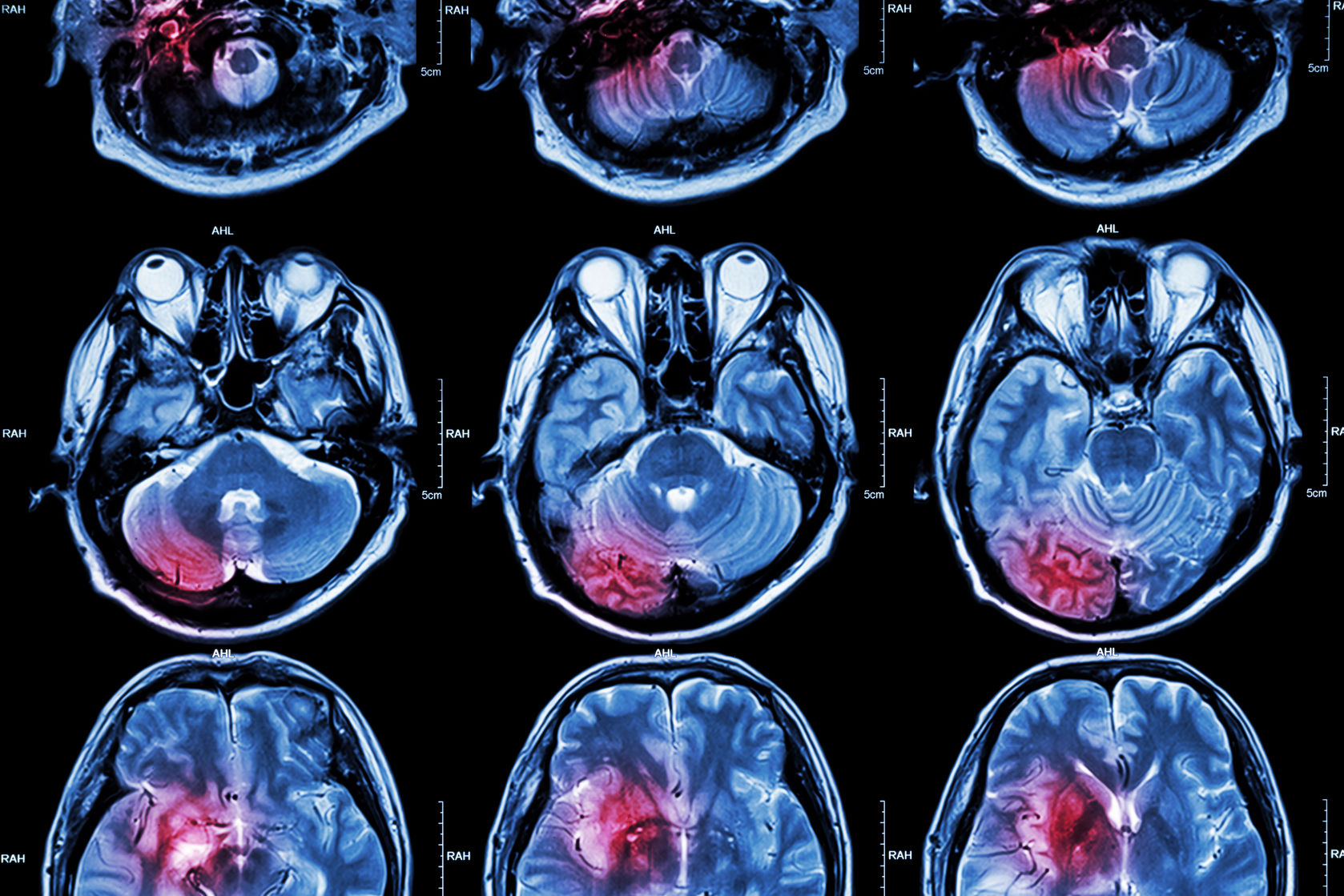Doctors might need to be more careful in prescribing antiepileptic drugs to older individuals with Alzheimer’s Disease: Finnish researchers found that antiepileptic drug use doubled the risk of pneumonia among Alzheimer’s patients, a lung infection that’s already common among this population.
The most common form of dementia is expected to affect 14 million people in the US by 2060, according to the Centers for Disease Control and Prevention (CDC). Over time, people with Alzheimer’s might exhibit behavioral and psychological problems like aggression, delusions and hallucinations that can be treated pharmacologically. Traditional antipsychotic drugs, however, are associated with side effects that can seriously affect quality of life. As a result, some people with Alzheimer’s might be prescribed with antiepileptic drugs to manage these symptoms, despite not having an epilepsy diagnosis.
Antiepileptic drugs, however, are also associated with a host of side effects. Among the common side effects is drowsiness, which can have devastating consequences for elderly people with Alzheimer’s. Sleepiness could increase the risk of aspiration pneumonia, a serious and potentially fatal lung infection caused by breathing in foreign material. Pneumonia is already considered a major cause of death among people with severe Alzheimer’s Disease.
To examine the connection between antiepileptic drug use, Alzheimer’s and pneumonia risk, the researchers studied over 5,700 Alzheimer’s patients using antiepileptic drugs and the same number of patients not using antiepileptic drugs. They found that Alzheimer’s patients who used antiepileptic drugs had twice the risk of getting pneumonia compared to those who did not, whether or not they were diagnosed with epilepsy. Indeed, five percent of all Alzheimer’s patients in this study were using antiepileptic drugs, yet less than 10 percent were diagnosed with epilepsy.
The antiepileptic drugs linked with increased risk were Tegretol (carbamazepine), Dilantin (phenytoin sodium), Depakene (valproic acid) and Lyrica (pregabalin).
Although the reasons for taking antiepileptic drugs were unknown, the authors speculate that antiepileptic drug use among non-epileptics was for neuropathic pain, a common condition in the elderly. In fact, carbamazepine and pregabalin are also indicated for the treatment of some forms of neuropathic pain. However, the increased risk of pneumonia and potential death might outweigh the benefits of antiepileptic drug use.
Previous studies concluded that people with Alzheimer’s Disease are at a higher risk of epilepsy and people with a history of epilepsy might be diagnosed with Alzheimer’s Disease earlier, suggesting a strong correlation between the two pathologies. However, the role of antiepileptic drug use in pneumonia risk among older adults with Alzheimer’s was assessed for the first time in this study, published in the Journal of Alzheimer’s Disease.
According to lead author Heidi Taipale from the University of Eastern Finland, more research is needed to understand the safety and efficacy profiles of antiepileptic drugs for indications other than epilepsy.












Join or login to leave a comment
JOIN LOGIN